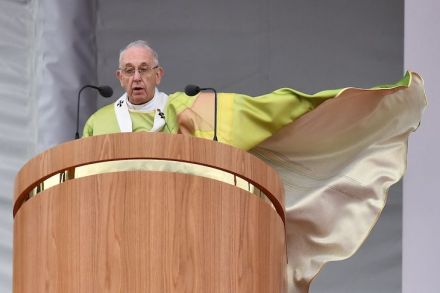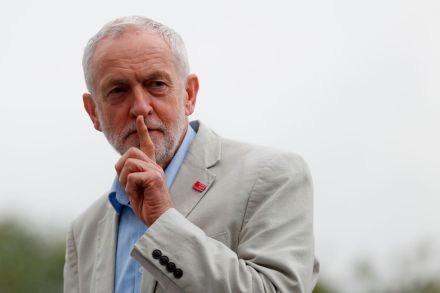Pope Francis asks forgiveness for ‘abuses’ in Ireland
Well, he’s said it. At the exuberant closing mass in driving rain of his visit to Ireland, the Pope has asked, off script, forgiveness for the wrongs committed by the church. Specifically he asked forgiveness for ‘the abuses in Ireland; abuses of power, conscience, and sexual abuses perpetrated by members with roles of responsibility in the church… in a special way we ask pardon for all the abuses committed by members with roles of responsibility… for all the abuses committed in various types of institutions run by male or female religious and by other members of the church. We ask forgiveness of those cases of exploitation through manual work that





















